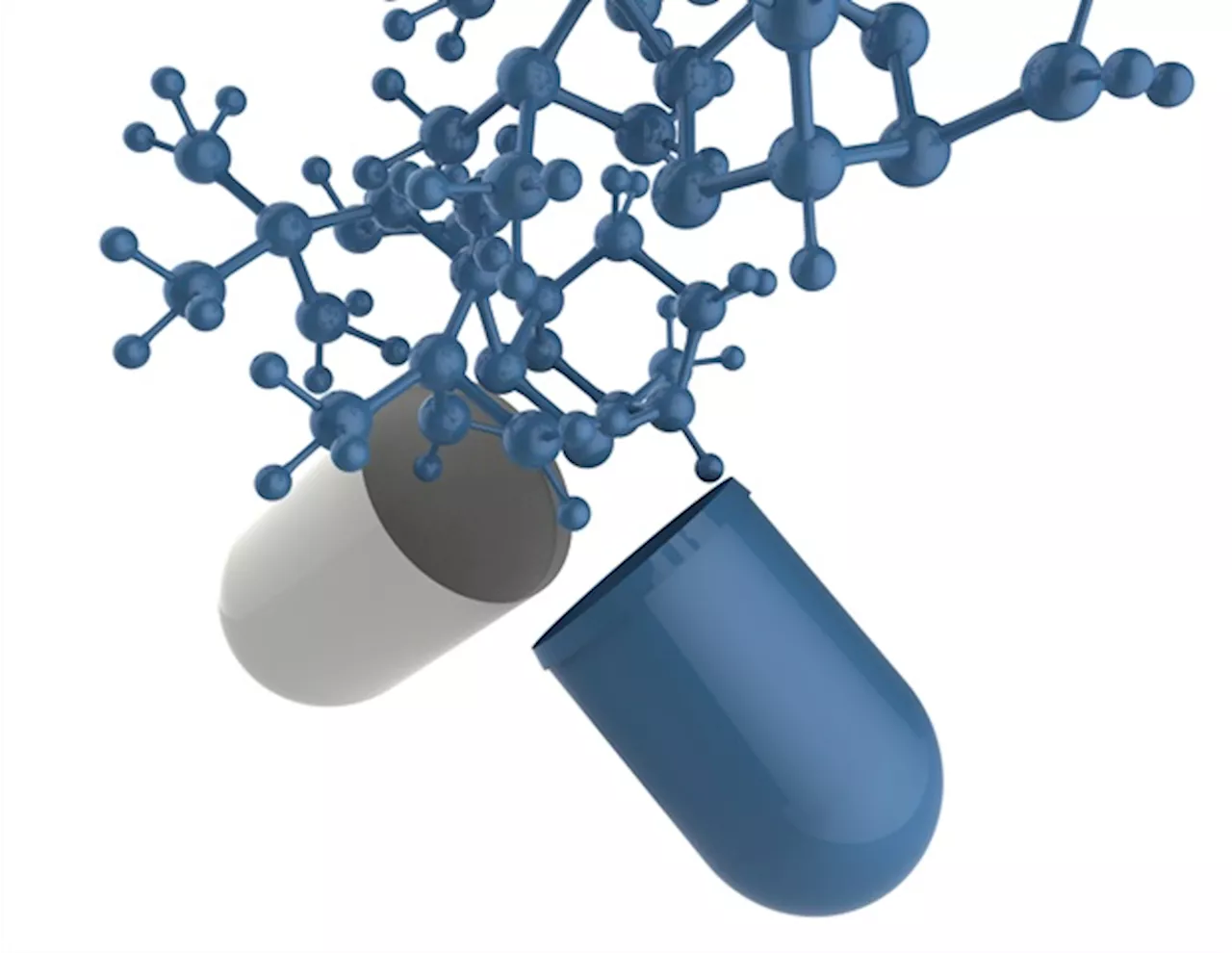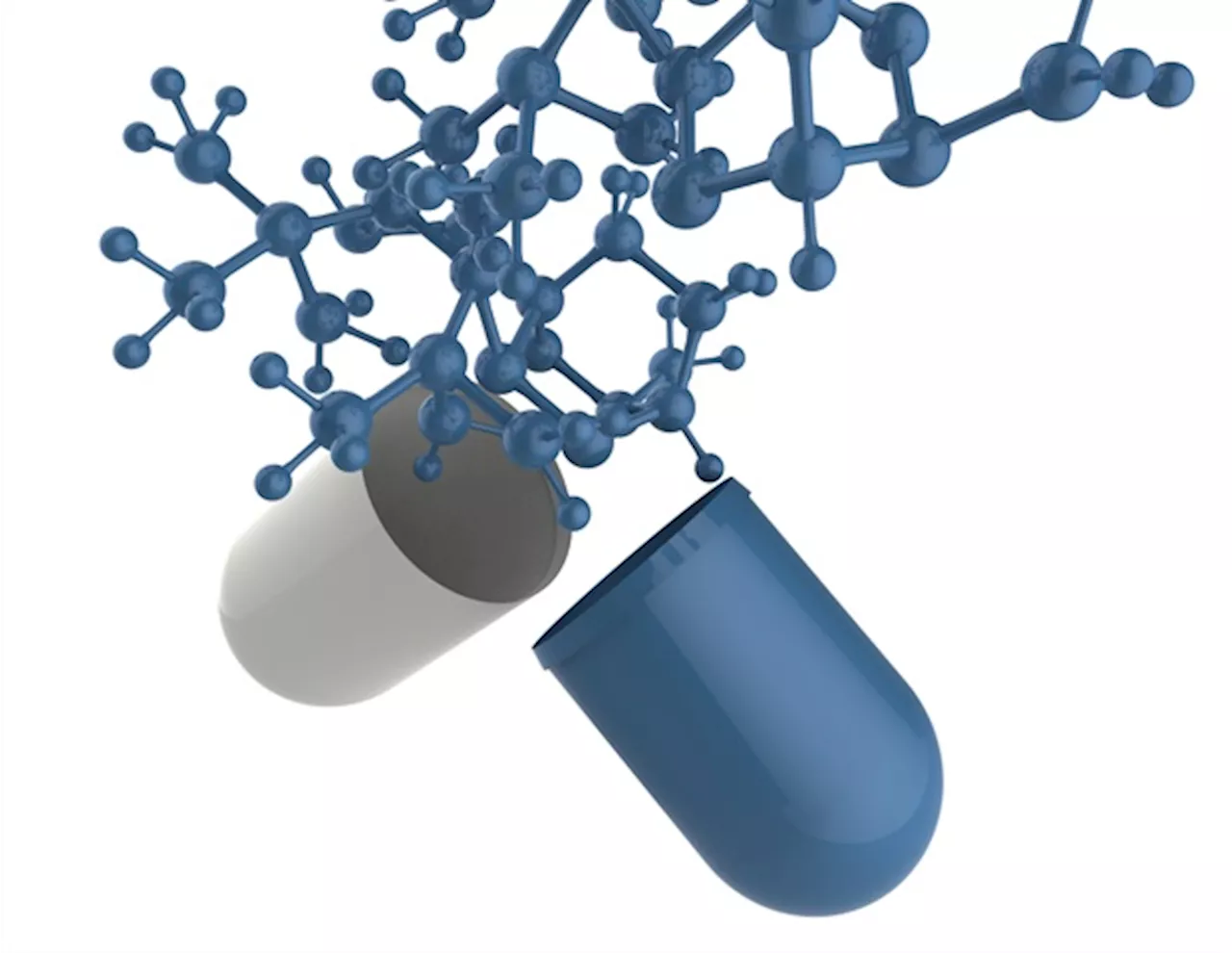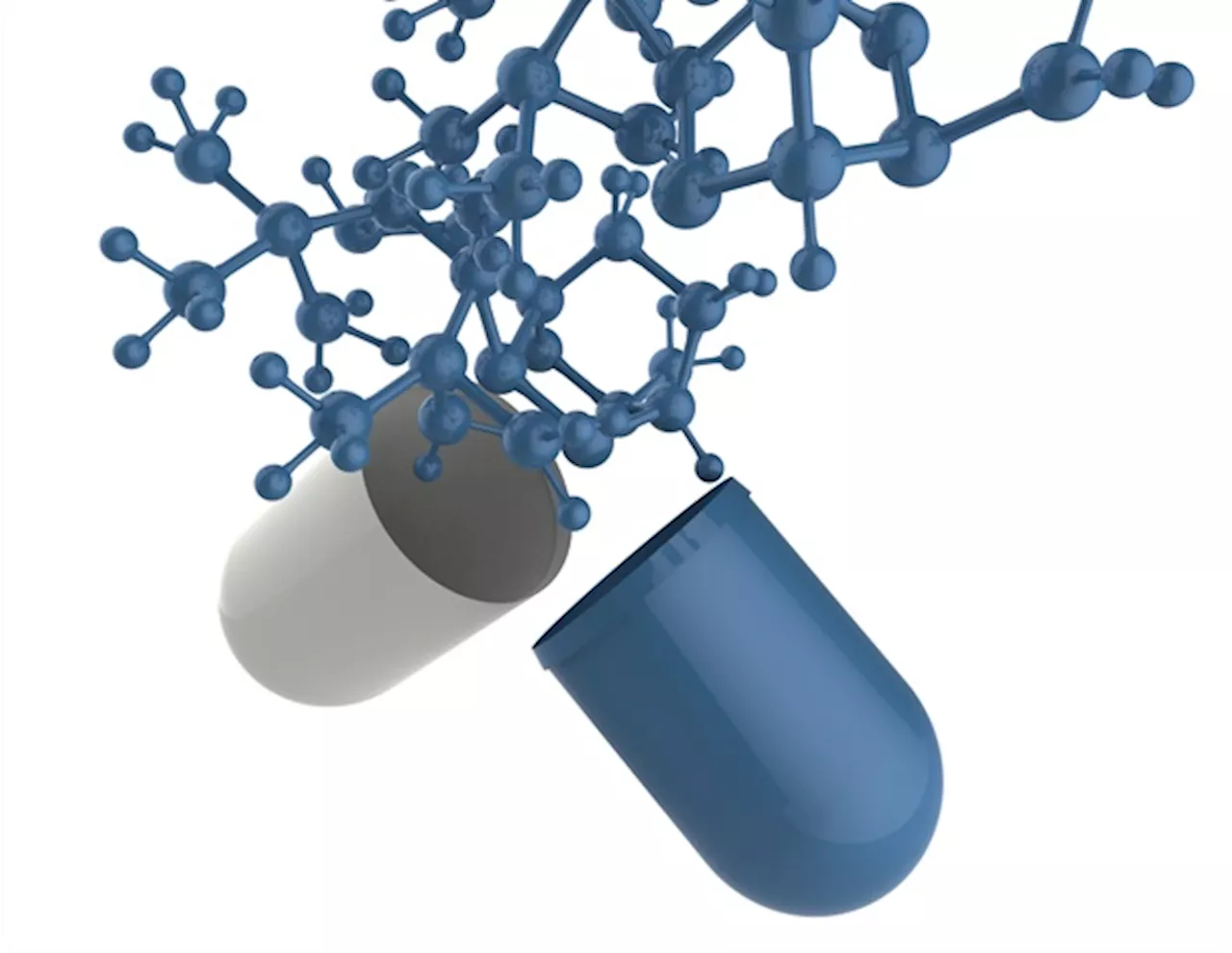A UK study led by the University of Liverpool found that using the procalcitonin (PCT) biomarker to guide antibiotic treatment in hospitalized children did not reduce antibiotic duration compared to usual care. While the test was safe, it was more expensive than standard methods and integration into clinical workflows proved challenging. The study, part of the 'Biomarker-guided duration of Antibiotic Treatment in Children Hospitalised with confirmed or suspected bacterial infection' (BATCH) trial, highlights the need for continued investment in antimicrobial stewardship programs and public health campaigns to reduce antibiotic misuse.
University of LiverpoolJan 9 2025 A groundbreaking UK study led by the University of Liverpool has examined whether an additional blood test called procalcitonin could safely shorten the time children spend on intravenous antibiotics in hospitals.
Antibiotic overuse is a key driver of AMR, one of the world's greatest public health challenges. Infections caused by resistant bacteria lead to longer hospital stays, higher healthcare costs, and increased mortality. Children are especially vulnerable, and smarter use of antibiotics is essential to protect their future health.
The study comes after a systematic review and cost-effectiveness analysis conducted by NICE in 2015 evaluated PCT testing to guide antibiotic therapy for the treatment of sepsis, and recommended further studies to adequately assess the effectiveness of adding PCT algorithms to guide antibiotic treatment in hospitalised adults and children with suspected or confirmed serious bacterial infection.
Chief investigator the University of Liverpool's Professor Enitan Carrol said: "We are pleased to have completed this large multi-centre trial in hospitalised children. Whilst the study did not demonstrate benefit from the additional procalcitonin test, there is important learning for future biomarker-guided trials in the NHS.
Antibiotic Resistance Antimicrobial Stewardship Procalcitonin Hospital Infections Children's Health
United Kingdom Latest News, United Kingdom Headlines
Similar News:You can also read news stories similar to this one that we have collected from other news sources.
 New Blood Test Could Improve Asthma Diagnosis in ChildrenResearchers have developed a new blood test that could more accurately diagnose different types of childhood asthma, known as endotypes. This could lead to more precise treatment plans and pave the way for better therapies for this common chronic disease, which disproportionately affects Black and Puerto Rican children.
New Blood Test Could Improve Asthma Diagnosis in ChildrenResearchers have developed a new blood test that could more accurately diagnose different types of childhood asthma, known as endotypes. This could lead to more precise treatment plans and pave the way for better therapies for this common chronic disease, which disproportionately affects Black and Puerto Rican children.
Read more »
 Fury vs Usyk 2: Dave Allen ready for test with British heavyweight rival Johnny Fisher testBritish heavyweight boxer David Allen talks to BBC Sport about his fight with Johnny Fisher on the Oleksandr Usyk v Tyson Fury undercard in Saudi Arabia.
Fury vs Usyk 2: Dave Allen ready for test with British heavyweight rival Johnny Fisher testBritish heavyweight boxer David Allen talks to BBC Sport about his fight with Johnny Fisher on the Oleksandr Usyk v Tyson Fury undercard in Saudi Arabia.
Read more »
 New biomarker testing protocol could shorten antibiotic treatment for sepsisA major UK patient trial of a new biomarker testing protocol for sepsis, led by University of Manchester researchers, has shown it is possible to safely stop antibiotic treatment earlier than current care.
New biomarker testing protocol could shorten antibiotic treatment for sepsisA major UK patient trial of a new biomarker testing protocol for sepsis, led by University of Manchester researchers, has shown it is possible to safely stop antibiotic treatment earlier than current care.
Read more »
 Soil ecosystems fuel antibiotic resistance developmentSoil plays a much bigger role in the spread of antibiotic resistance than one might imagine.
Soil ecosystems fuel antibiotic resistance developmentSoil plays a much bigger role in the spread of antibiotic resistance than one might imagine.
Read more »
 Researchers discover weakness in bacterial machinery that drives antibiotic resistanceSuperbugs, bacteria that are immune to multiple antibiotics, pose a great challenge to modern medicine. Researchers from the B CUBE - Center for Molecular Bioengineering at TUD Dresden University of Technology and Institut Pasteur in Paris identified a weakness in the bacterial machinery that drives antibiotic resistance adaptation.
Researchers discover weakness in bacterial machinery that drives antibiotic resistanceSuperbugs, bacteria that are immune to multiple antibiotics, pose a great challenge to modern medicine. Researchers from the B CUBE - Center for Molecular Bioengineering at TUD Dresden University of Technology and Institut Pasteur in Paris identified a weakness in the bacterial machinery that drives antibiotic resistance adaptation.
Read more »
 Probiotics and Antibiotic-Induced Gut Microbiota DisruptionA review examines the effectiveness of probiotics in preventing and restoring gut microbiota after antibiotic treatment.
Probiotics and Antibiotic-Induced Gut Microbiota DisruptionA review examines the effectiveness of probiotics in preventing and restoring gut microbiota after antibiotic treatment.
Read more »
